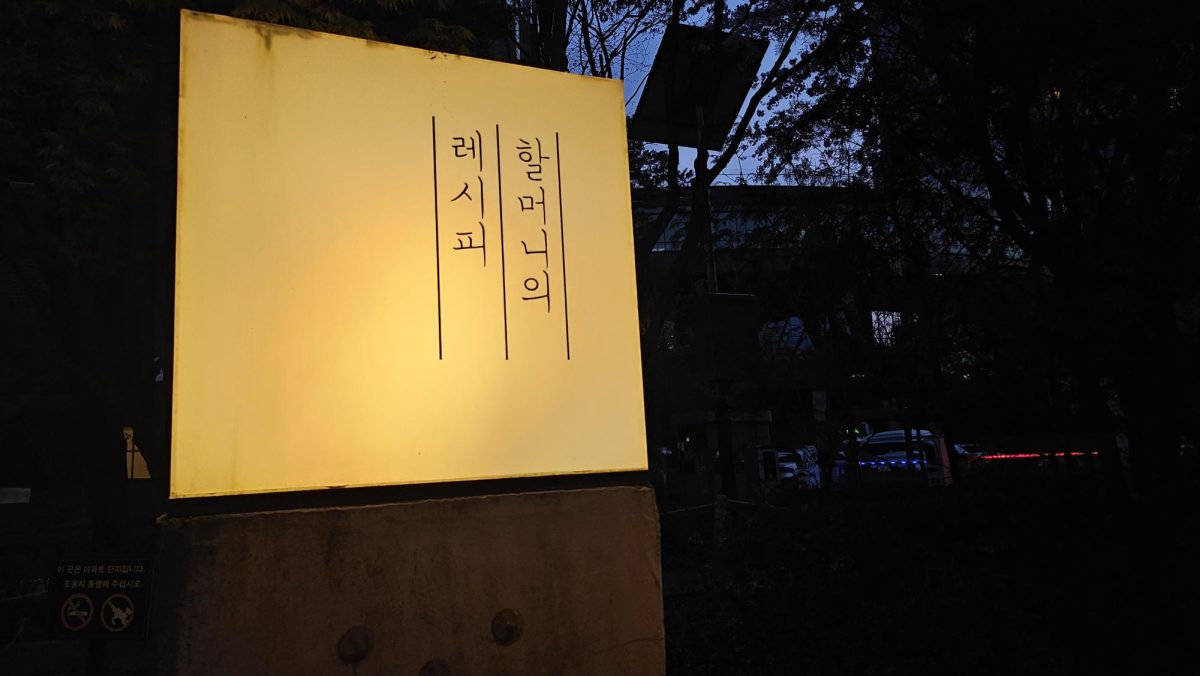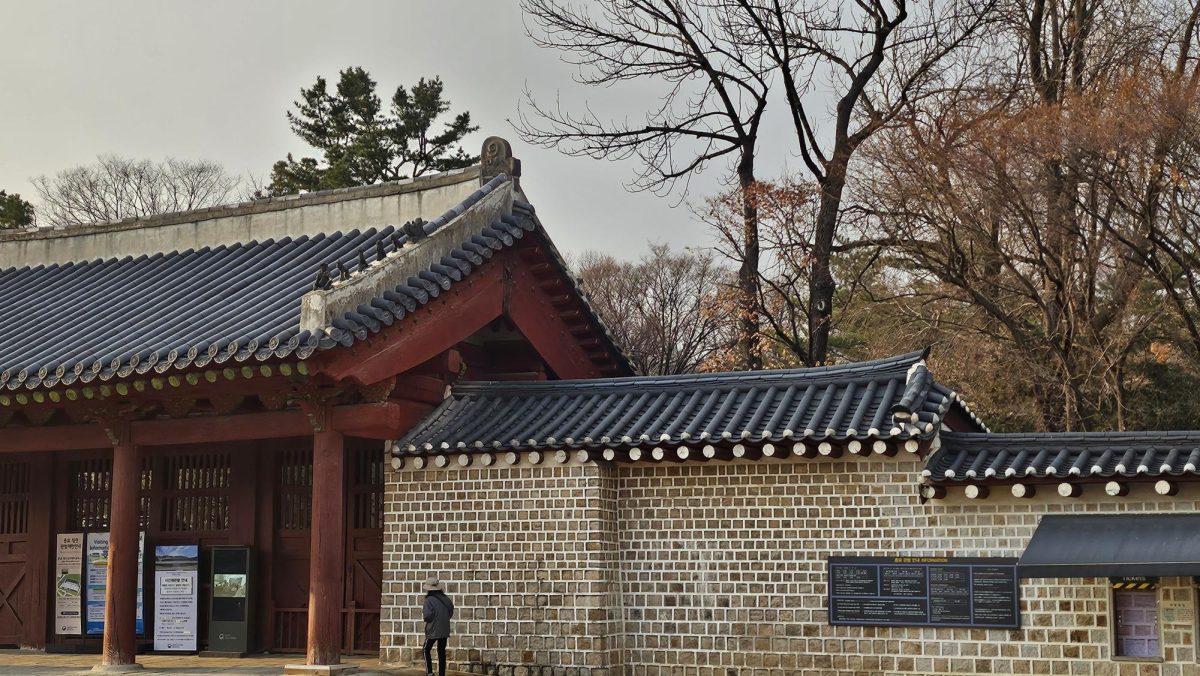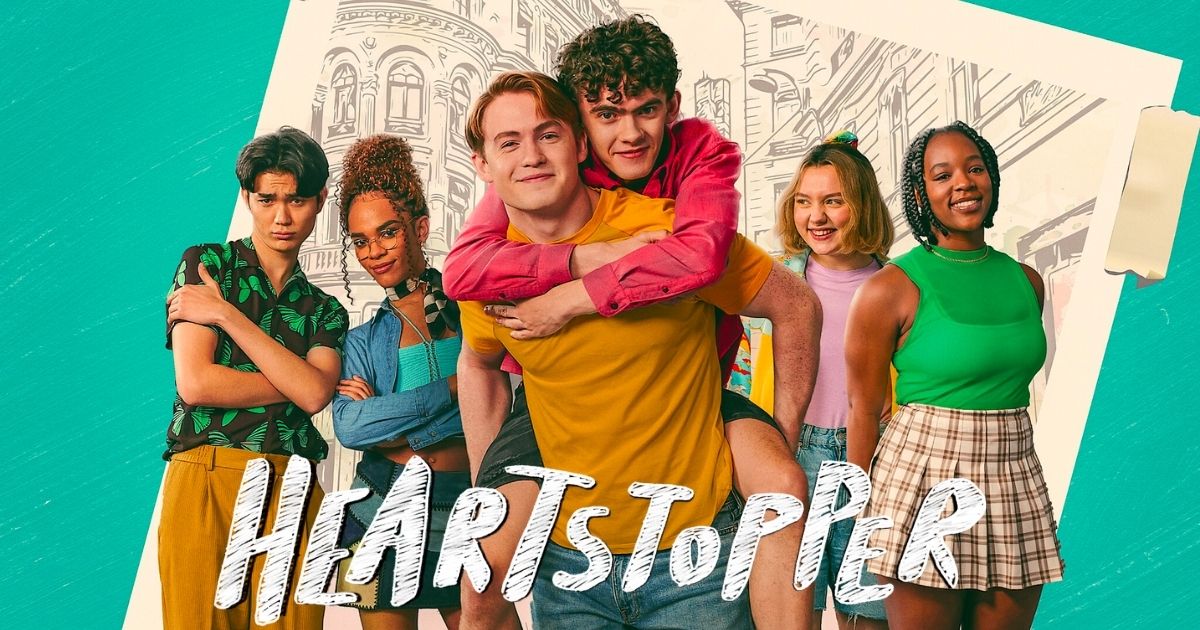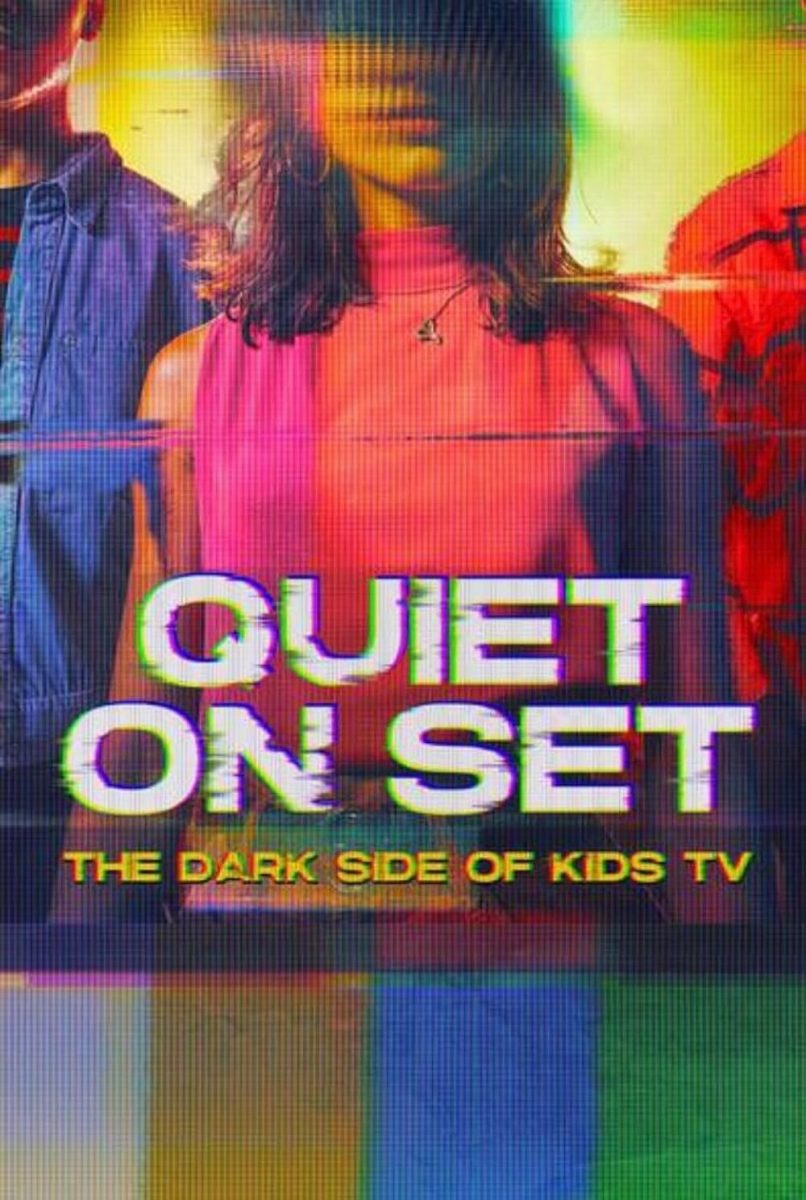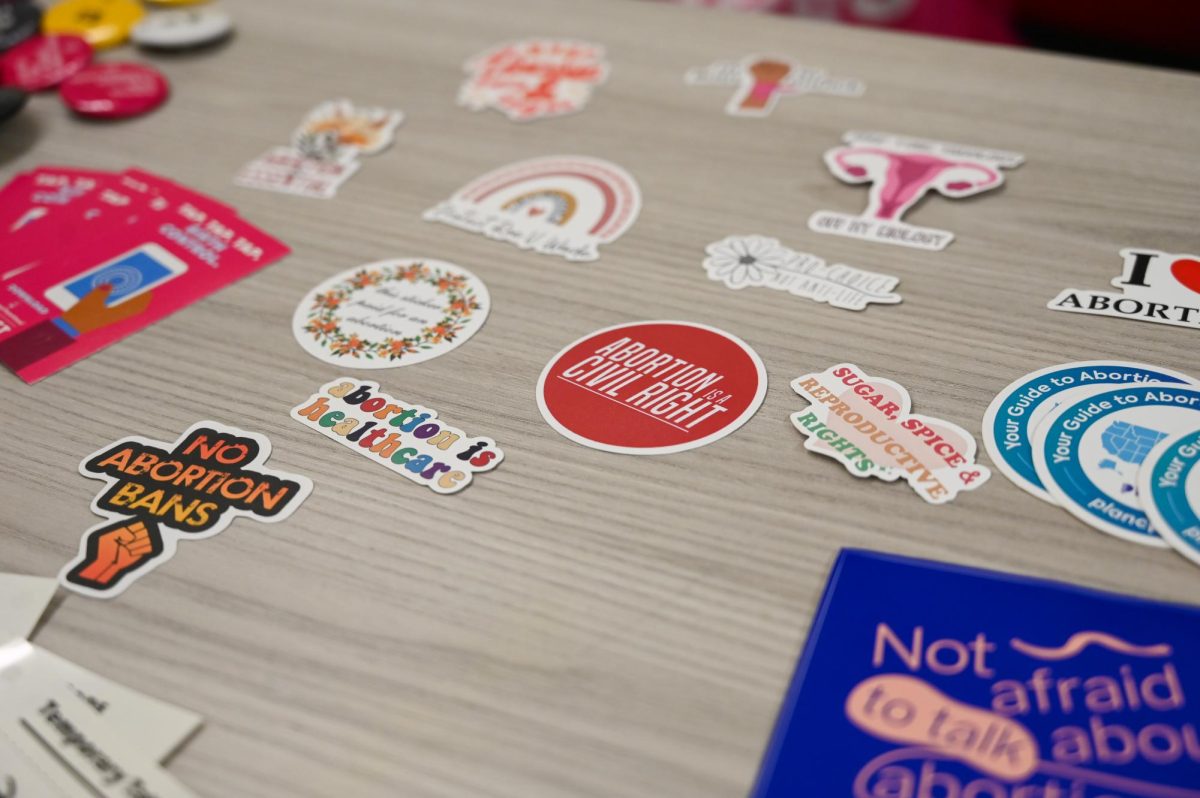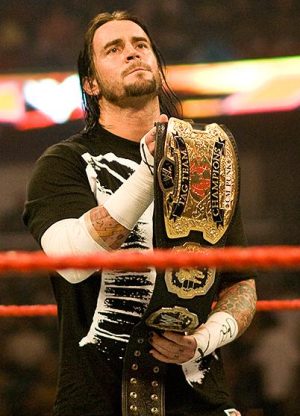
“The greatest thing the devil ever did was make you people believe he didn’t exist.”
In the wake of professional wrestler CM Punk’s tirade and subsequent backstage brawl after the Sept. 4 media scrum for All Elite Wrestling (AEW), his comment about the devil’s tricks during an early Ring of Honor show have taken on a new meaning. In Punk’s case, seven years away from the ring have shown him mercy, as the public has forgotten about the “devil” within the wrestler himself.
As a professional wrestling fan and keen observer of modern media, Punk’s berating of his colleagues and backstage political strife got me thinking — given his history of conflict and displeasure in his former company, why bring Punk back to the squared circle in the first place? The answer is simple: nostalgia.
By nature, nostalgia tends to become a proponent of revisionist history. During an episode of the podcast “Speaking of Psychology,” Dr. Krystine Batcho explains that “The memory process not only is selective, but it also distorts to some extent. We do idealize things on occasion.”
Batcho’s explanation helps in understanding why Punk has slipped by. His accolades and resonance with audiences tend to mask these backstage issues, even those with management, like former chairman and CEO of World Wrestling Entertainment (WWE) Vince McMahon. Yet, Punk’s frequent and public criticism of his peers — whether it be The Rock’s part time status as a wrestler or The Undertaker’s ability to make him look better in the ring — ruffled feathers and made him disliked in the locker room.
Evidently, Punk’s problematic personality has carried over from WWE to AEW. His aforementioned backstage antics went much further, though, than in his previous company. Rather than simply making jabs at his fellow wrestlers, Punk went so far as to get into a physical altercation with fellow wrestlers — which involved punching, chair throwing and, oddly enough, ear biting — marking lengths he had never reached in WWE. Not only is Punk’s attitude poor, so is his physical condition; Punk has sustained two major injuries that have taken him out of action in just one year, the length of his return thus far.
Though Punk’s return may seem illogical, the New York Times offers further clarification, stating that when we look wistfully upon the past, we tend to have more optimism and enthusiasm about the future. Together, these concepts help to explain Punk’s latest run in the ring, as well as other similar media phenomena: the idealized versions of past people and events that we have created have made us believe that the future versions of them will be better.
So, with this notion, and Punk’s story as an example, should we bring back every failed television show and music festival with the hope they will redeem themselves? The answer is no. It’s better to let the nostalgia lighten the memories of controversial media — whether they concern certain celebrities, events or cinematic works — than to revive their fame to the same bitter ends.
Unfortunately, most producers, hosts and executives haven’t reached this conclusion yet, as Punk’s return is far from the only situation in recent history to follow this pattern. Not only does this phenomenon apply to celebrities, but to various events throughout the entertainment industry. One of the most notable examples is the Woodstock Music Festival, which hosted its inaugural event in 1969, followed by iterations in 1994 and 1999.
Despite the narrative of “peace, love and rock n’ roll” that has emerged surrounding the original festival, Woodstock 1969 entertained at least 400,000 music lovers but had a slew of issues including a lack of toilets, overcrowding, a muddied ground and even deaths, including one due to a drug overdose.
Disregarding the chaos and disaster of the initial festival, creators Michael Lang, John Roberts, Joel Rosenman and Artie Kornfield chose to resurrect the festival in 1994, and again in 1999. The 1994 event has been described by NYS Music as “generally, pretty nice,” as “there was a notable peaceful vibe across the farm.” The 1999 festival, however, followed much more in its original predecessor’s footsteps.
Woodstock ‘99 was notably disastrous, mostly for its fiery end. Throughout the three-day affair, attendees suffered through overpriced water in extreme heat, numerous accounts of sexual assault and overcrowding similar to that of ‘69. The downfall of Woodstock followed the Red Hot Chili Peppers’ rendition of Jimi Hendrix’s “Fire,” which festival-goers — tired, hot and thirsty — took as a call to action, starting riots and using peaceful candles to set the Griffiss Air Force Base ablaze.
This phenomenon even extends to politics — unsurprisingly, the entertainment world lends itself well to political infamy, as exhibited by former president Donald Trump. Trump’s television endeavor, “The Apprentice,” only earned a 4.8 on IMDB and had ratings that fell consistently with each season the show aired. However, it was not just the on-screen product that was less than stellar; in the wake of Trump’s 2016 election, former “Apprentice” producers and personnel revealed the environment backstage.
An extensive investigative piece by “The Hollywood Reporter” disclosed some of Trump’s disturbing comments and actions, particularly towards women — most notable of these was his declaration to former “Access Hollywood” host Billy Bush that he likes to grab women in certain un-grabbable areas, which he characterized as “locker room banter.” It should come as no surprise, then, that he referred to diplomat Marie Yovanovitch as “‘the woman’” during his presidency, showcasing an attitude of condescension towards women that likely contributed to his term average rating of only 41%.
Despite floundering with viewers and voters alike, both Trump and his show fought for a resurgence — with little success and similar controversy. Hosted by Arnold Schwarzenegger, “The New Celebrity Apprentice” lasted only one season, and garnered just a 17% on Rotten Tomatoes, indicating poor audience reception of the renewed show.
In all of these situations, the battle between logic and nostalgia was hard fought, and for worse, nostalgia won out.
For Punk, it would have been better to let the droplets of sweat and manufactured blood fall where they may in fans’ memories than to attempt a revival run. Lang and his fellow promoters should have let the 30th anniversary of Woodstock be peacefully famous, rather than explosively infamous. And oddly enough, Trump spending his time golfing in Mar a Lago would be more beneficial than him accosting us at the ballot boxes and on our television screens. The fleeting thrill of nostalgia simply isn’t enough to turn the tide for these media moguls and moments, despite any hopes that it might.
And so, it’s always better to let memories, especially those in media, grow ever sweeter through the lens of time — even if they started off sour.











